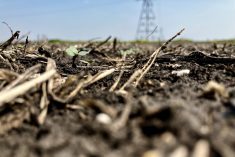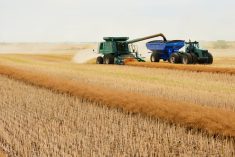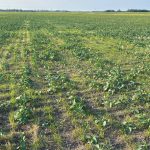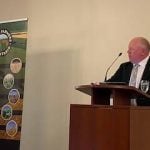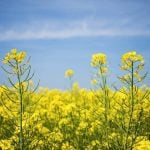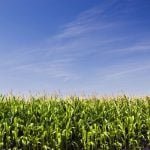Testing of Canada’s seed potato fields following the 2008 crop turned up no cases of potato cyst nematode, the Canadian Food Inspection Agency reported Friday.
PCN poses no human health risk but is recognized internationally as a quarantine plant pest, as it can reduce yields of host crops such as potatoes, tomatoes and eggplants by up to 80 per cent and can survive dormant in host soils for decades.
As part of a national PCN detection survey, and to meet various countries’ import requirements, CFIA said it collected and tested about 12,500 soil samples from 81.5 per cent of the land across Canada used to produce the 2008 seed potato crop.
Read Also
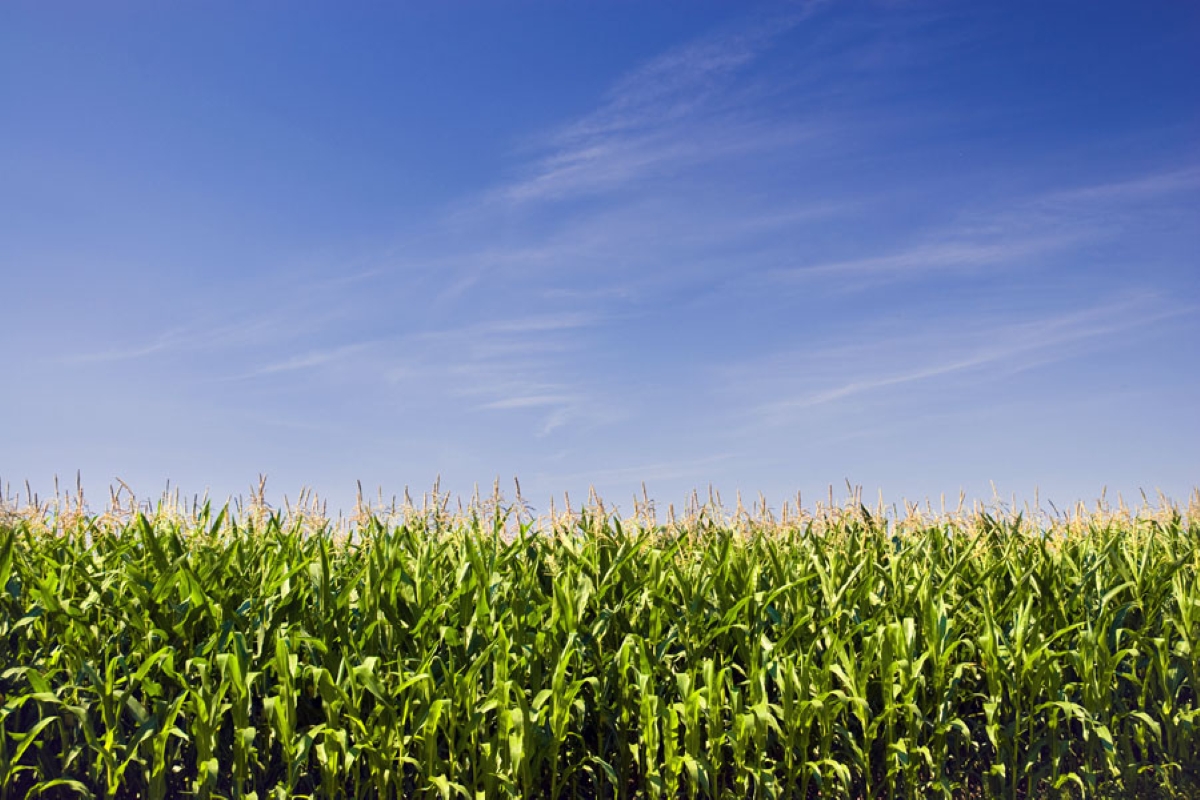
CBOT Weekly: Little change expected from USDA
Only minor changes to the grain and oilseed balance sheets are expected in the Sept. 12 supply and demand report from the United States Department of Agriculture, said an analyst.
“Results from this PCN detection survey were all negative for the plant pest,” CFIA said Friday.
As well, CFIA collected and tested soil samples from Alberta as part of a “delimiting” survey after golden nematode was found in one out of hundreds of soil samples in each of two Alberta seed potato fields in late 2007.
Delimiting surveys use more aggressive methods than detection surveys, so as to establish the boundaries of an area where PCN is detected.
“The CFIA worked hard to collect and test approximately 32,000 soil samples for the delimiting survey and all results were negative,” the agency said Friday.
CFIA said it’s working with the U.S. Department of Agriculture and stakeholders to set the parameters of a Canada-U.S. PCN management plan and related national PCN detection surveys for 2009-10 and beyond.
“Once a consensus is reached, details will be communicated to all stakeholders and interested parties,” the agency said.
U.S. potato growers were able to resume imports of Alberta seed potatoes only on Jan. 28 this year after Ottawa announced it had “taken all actions necessary to comply fully with U.S. import requirements for Alberta seed potatoes.”
The PCN-related border closure blocking Alberta seed potatoes had bit into what had been considered a reliable seed supply for potato growers in Washington state, Oregon and Idaho.



